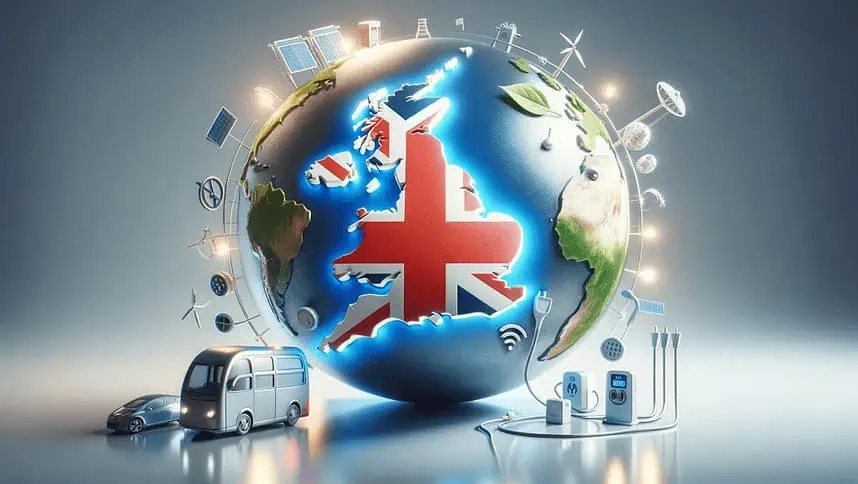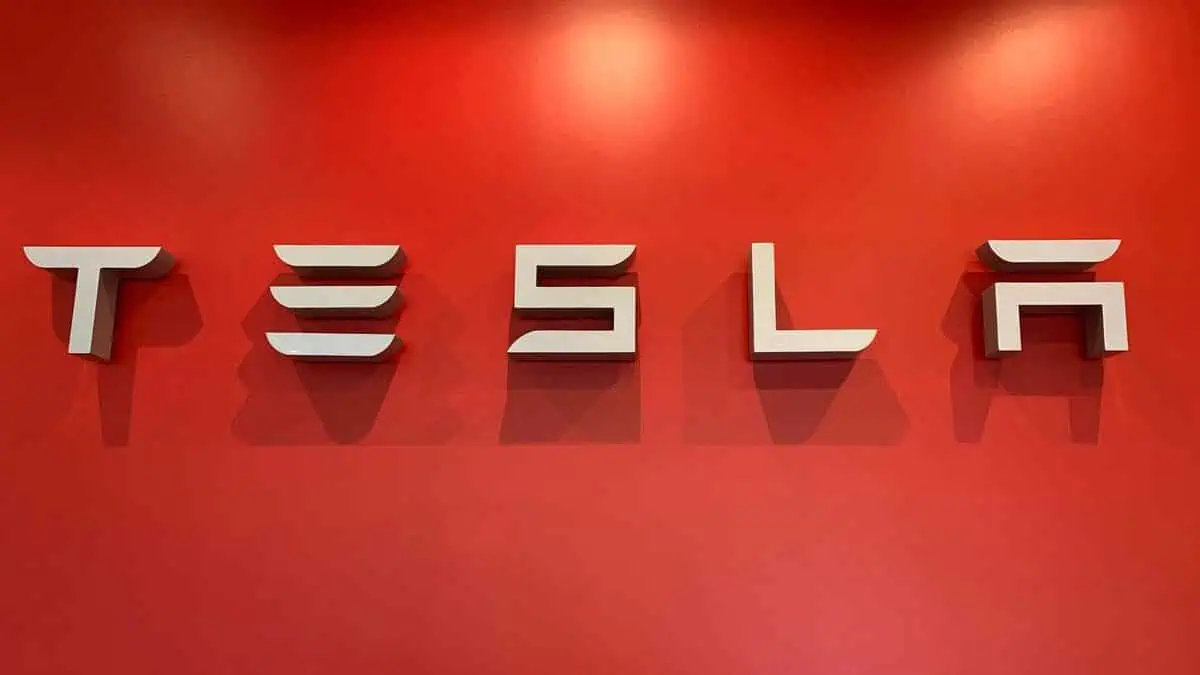The United Kingdom implemented various policies and programs to encourage the use of electric vehicles (EVs) and reduce greenhouse gas emissions from the transportation sector. Here are some key aspects of the Philippines’ EV policy:
Demand incentives
- Plug-In Car and Van Grants Provides financial incentives for individuals and businesses to purchase eligible electric cars and vans affordably.
- The grant amount and eligibility criteria may change. So, it is important to check this webpage Low-emission vehicles eligible for a plug-in grant for more information which will also lead you to the online application portal.
- Benefit-in-Kind (BiK) Tax system is a tax benefit used by electric company cars. To know more about the details please refer to this link that will help you check or update your company car tax and how much tax you might pay by using HMRC’s company car and fuel benefit calculator.
- Exemption to vehicle excise duty or road tax for EVs is until 1st of April 2025. To know about the first-year rate of tax, standard tax, and the criteria of tax payment, please refer to this link about VED for ZEVs.
Supply-side Incentives
- Incentives through grants are provided for EV manufacturers to encourage the production and adoption of electric vehicles (EVs). These grants for EVs are being processed and should be approved by OZEP, to know more about the assessment process, requirements, eligibility, agreements, and how to claim the grant for the following EV click the following:
- Plug-in motorcycle grant (PiMG)
Charging infrastructure
- Incentives and infrastructure grants are provided for businesses to install charging stations. Check the Electric vehicle infrastructure grant for staff and fleets for the requirements, eligibility criteria, and details on how to apply for this grant. The closing date will be on 31st of March 2025. Additionally, purchase costs and installation of EV chargepoints can be covered by the Workplace Charging Scheme up to 75% of the total costs available until March 21, 2024.
- To support the charging scheme, there are grants for installing EV charging facilities at home and flat building properties such as an EV chargepoint grant for renters and flat owners that provides up to a maximum of £350 for the installation of an EV socket. For rental and leasehold property owners, you may refer to Grants for Landlords to get the eligibility criteria for receiving grants for installing EV charging infrastructure. Closing dates for both are until the 31st of March 2025.
- To support local authorities, the UK provides funding for public charging points to benefit residents who do not have off-street parking. You may refer to the On-Street Residential Chargepoint Scheme for guidance and details on application criteria. Alongside ORCS, the UK introduced a second funding program for charging points in England, please refer to LEVI funding for guidance.
- For guidance for installers about the OZEV electric vehicle chargepoint and infrastructure grants, click here.
- If you want to know more about the UK government’s EV infrastructure strategy and funding scheme, click here.
Battery development
- Faraday Battery Challenge is a £3.8 billion government-funded program that aims to accelerate the development of next-generation EV batteries. The program is focused on three key areas: developing new battery materials, improving battery manufacturing processes, and extending battery life. To learn more about this, click here. Note: The competition is already closed.
- Advanced Propulsion Centre (APC) is a £1 billion government-funded program that supports the development of low-carbon propulsion systems, including EV batteries. The APC provides funding for research and development projects, as well as for the development of manufacturing facilities. To learn and join, visit APC.
- Battery Industrialisation Centre (BIC) provides a range of facilities and services to businesses, including access to laboratories, pilot plants, and testing facilities. This is a £128 million government-funded center that is helping to bring new EV battery technologies to market that UK registered micro, small, and medium enterprises can apply. To learn more about this, click here. Note: The competition is already closed.
Other Policy
- Road to Zero Strategy plans to transition to zero-emission vehicles by 2040. As part of this strategy, the sale of new petrol and diesel cars was planned to be banned by 2030. To know more about this plan and the proposed policies, the UK government published the ZEV mandate and CO2 emissions regulation that contains trading schemes and target trajectories from 2024 to 2035.
- Clean Vehicle Retrofit Accreditation Scheme (CVRAS) encourages the retrofitting of older, polluting diesel vehicles with cleaner technology to reduce emissions. It provides an alternative to buying a new vehicle that meets the standards of the Clean Air Zone framework. To know more about this framework in England, click CAZ. There are a range of available and developing retrofitting options for vehicles so you may check CVRAS for guidance on whether a particular technology is credible.
- Ultra Low Emission Zones (ULEZ) is a scheme that restricts or charges high-polluting vehicles for entering specific areas. These zones aimed to improve air quality and encourage the use of cleaner vehicles. Find out more about Clean air zones.
- To help you plan on driving in a clean air zone and know if you need to pay, you may look into Drive in a clean air zone.
- For more detailed information about London, you may click here and London’s low or ultra-low emission zones.
- For more detailed information on Scotland CAZ, please refer to this low-emission zone in Scotland.
These UK EV policies target the “green industrial revolution,” aiming to significantly reduce carbon emissions from the transport sector and combat climate change. The government has set a net zero emissions target by 2050, and EVs are seen as a key part of achieving this goal. Thus various local authorities and organizations offered incentives and programs to increase the promotion of electric vehicle adoption.
For EV inquiries, you may contact: the Office for Zero Emission Vehicles (OZEV) at ozev.enquiries@ozev.gov.uk






